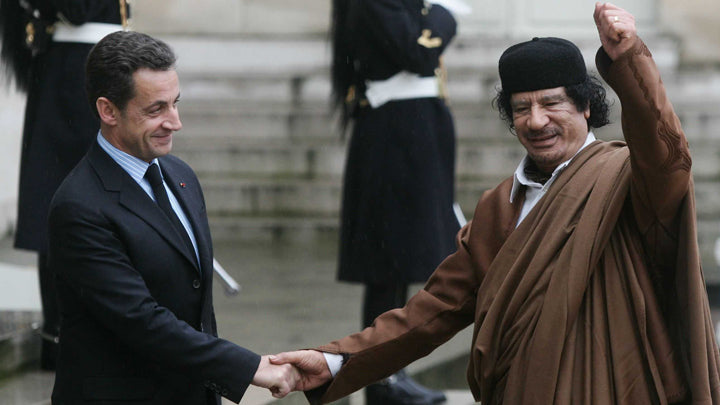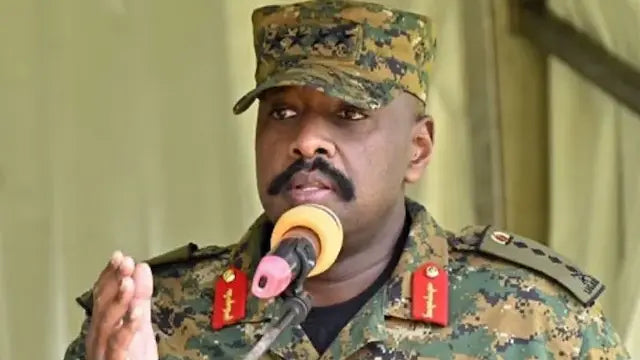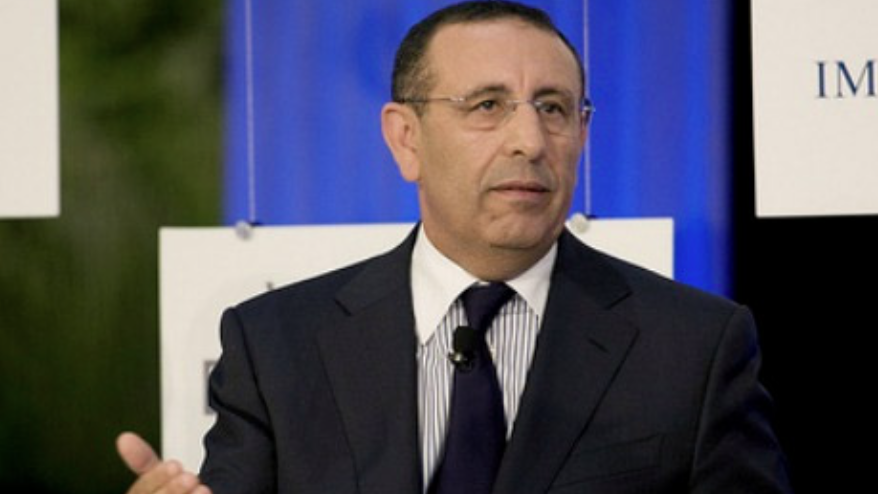
Sarkozy convicted: the shockwave of a historic verdict
Yesterday, France entered a chapter of judicial history: Nicolas Sarkozy, former President of the Republic, was sentenced to prison . An unprecedented verdict in the Fifth Republic. Behind the walls of the justice system, a case that mixes Libyan suspicions, political rivalries, and a perception of a two-tiered justice system.
Libya, ghost of the trial
At the heart of the case is Libya. For more than ten years, the specter of secret financing from the Gaddafi regime has hung over the former French president. But the courts have finally acknowledged that not a single Libyan cent financed Sarkozy's campaign, and no corruption pact has been proven.
Yet, from Cairo, Ahmed Kadhaf al-Dam , cousin of Muammar Gaddafi, welcomed this verdict. He saw it as "a victory for French justice" and an opportunity to turn a painful page. Because for Libyans, Sarkozy remains above all the man of 2011.
2011: The intervention that changed North Africa
It all started with the Arab Spring. In February 2011, protests against Gaddafi degenerated into civil war. Nicolas Sarkozy, then president, opted for a rapid military intervention, supported by the United Kingdom and endorsed by NATO. The official objective: to protect civilians in Benghazi threatened by regime forces.
In reality, the operation went further. Within weeks, NATO airstrikes disorganized the Libyan army and opened the way for the rebels. In October 2011, Gaddafi was captured and executed in Sirte.
But the fall of the Guide did not bring peace. On the contrary. Libya descended into chaos, fragmented between militias, tribes, and Islamist groups. Libyan weapons circulated throughout the Sahel, fueling conflicts from Bamako to Timbuktu, all the way to the shores of Lake Chad. Mali, Niger, Chad, Burkina Faso: all are still paying the price for this destabilization today.
Thus, for many African observers, seeing Sarkozy convicted in France has a particular resonance: the man who contributed to the conflagration of Libya finds himself caught in the nets of justice.
Behind Bars: A President as a Defendant
This is a first. A French president is going to prison.
No privilege, no exception. The image is brutal: a man who led the country treated like a mere defendant.
But the contrast is puzzling. At the same time, in other courtrooms, foreigners under an OQTF (obligation to leave French territory) are being questioned and have been able to remain free despite having lengthy criminal records and repeated convictions.
The Claire Geronimi trial: double standards?
The case takes on a disturbing dimension when we look at the Claire Geronimi trial, which was held on the same day. A victim of rape, this political activist denounced her attacker: a man of Central African nationality, convicted 11 times and subject to three OQTF (Order of Indictments).
That day, the country focused on Sarkozy. Yet, in another courtroom, a repeat rapist was appearing , accused not only of assaulting Claire, but also other women. How could such an individual remain free when the state had a legal obligation to deport him?
The contrast is stark: a former president is crushed by an implacable justice system, while a foreign repeat offender takes advantage of the loopholes in a system incapable of enforcing its own laws.
A political cabal?
For Nicolas Sarkozy's supporters , there is no doubt: "a cabal of the extreme left, orchestrated by Mediapart and the National Financial Prosecutor's Office."
They speak of a " war of judges " , some magistrates having harbored personal animosity against the former president.
This trial would therefore be the result of a political settling of scores, rather than a neutral act of justice.
A verdict that divides France... and resonates in Africa
Nicolas Sarkozy's conviction has been a shock. For some French people, it is proof that the justice system is independent and that no statute protects them from the law.
For others, it is a demonstration of instrumentalized justice, which hits hard on the powerful but allows ordinary crimes to flourish.
In Africa, the symbolism is weighty: Sarkozy, the architect of the war in Libya, is caught up in his own trials. An ironic, almost cruel, parallel for a continent still reeling from the aftermath of 2011.



Leave a comment
This site is protected by hCaptcha and the hCaptcha Privacy Policy and Terms of Service apply.